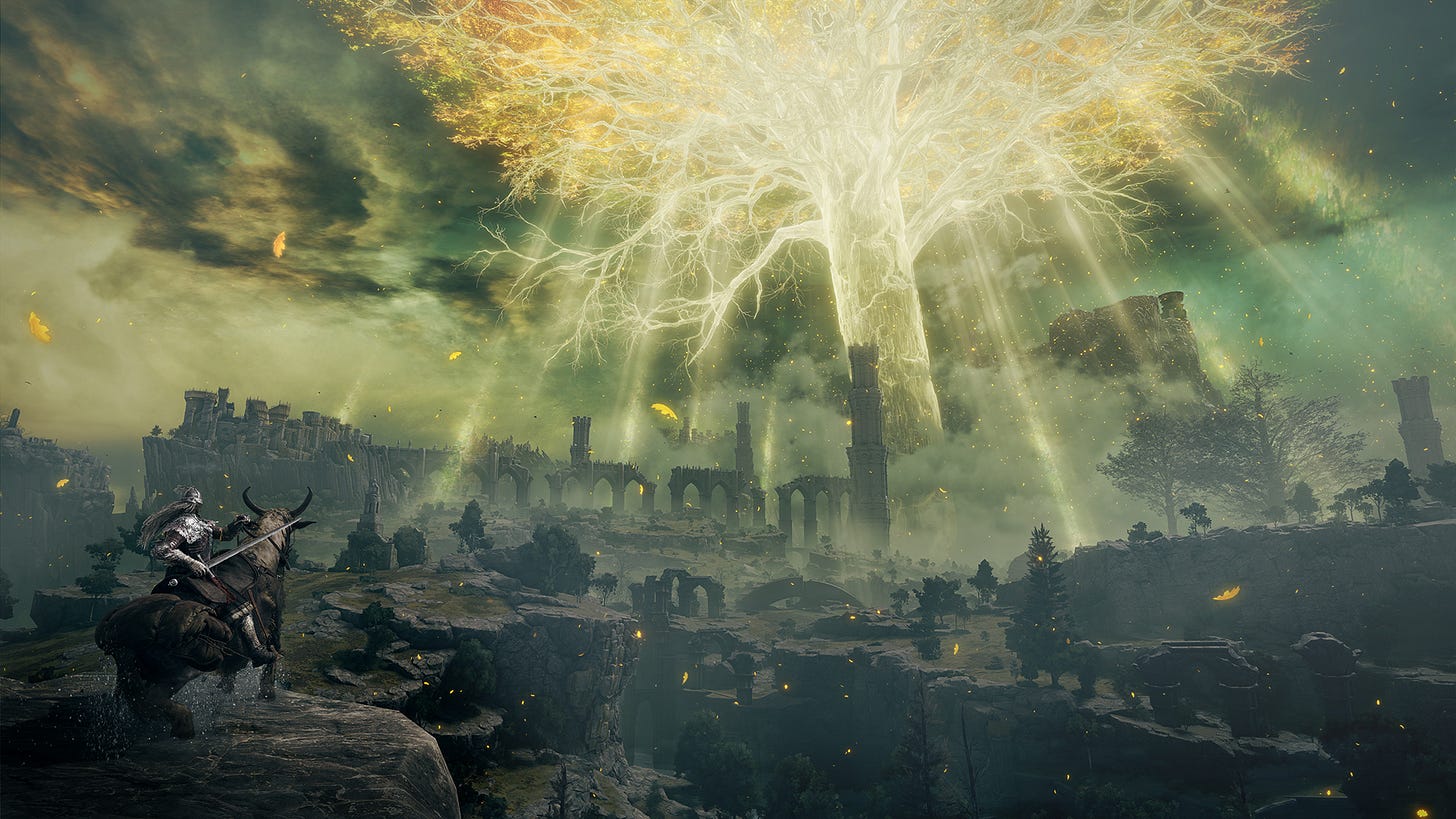Not easy, but not impossible: How Elden Ring redefined game difficulty
A key battleground in developers' bids to ensure more than one-third of their players actually finish their game.
I was close to throwing my Nintendo Switch at the wall. With over two decades under my belt playing video games, I had met my match.
No, I’m not playing Elden Ring or another tough FromSoftware game. On the recommendation of a friend, I was finishing off Tactics Ogre: Reborn, a remake of a 1995 grid-based combat role-playing game — think complicated chess. With some challenge, I had made my way to the end of the game. Every other stage had been relatively quick to clear, but that was about to change.
The final dungeon of Tactics Ogre, the Hanging Gardens, is best described as a maze of battle stages, each increasing in difficulty. It took me two and a half hours to get to the final area of this maze, then another hour to get to the final fight of that section, only to be met with one of the most infuriating encounters in the game.
The final boss appears, creates replicas of your party members, and then you n…
Keep reading with a 7-day free trial
Subscribe to Infinite Lives to keep reading this post and get 7 days of free access to the full post archives.




